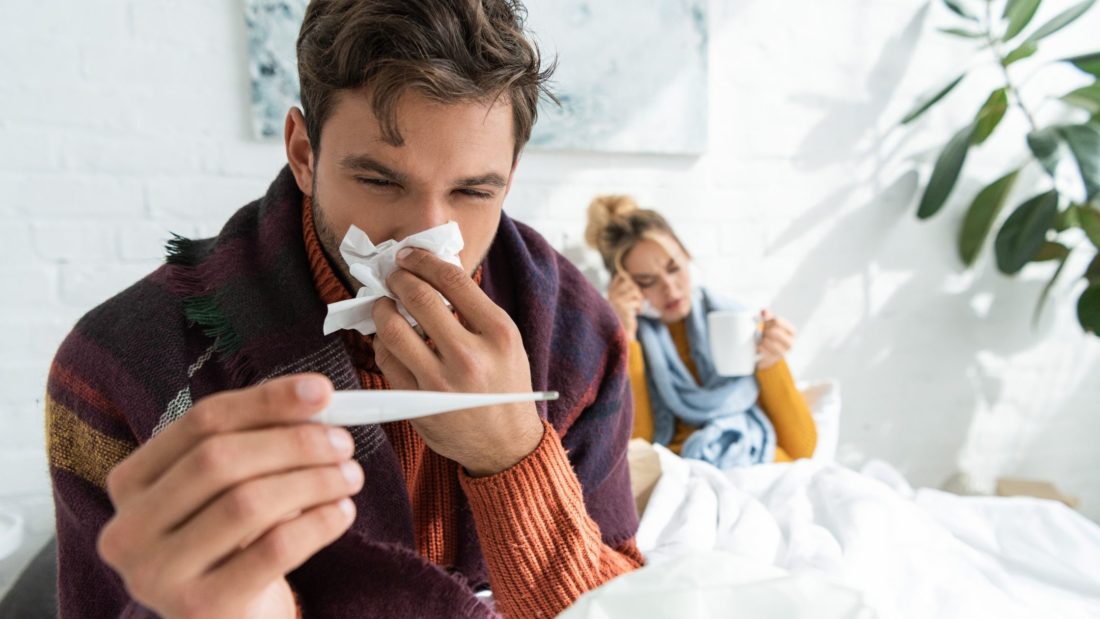
Coronavirus + COVID-19 Q&A With Dr. Furman of Lyracore Health Alliance: Part 2, Exposure & Symptoms
Welcome to part 2 of our multi-part Q&A with Dr. Alexandre Furman, a highly-experienced pulmonary specialist and founder of Lyracore Health Alliance. Dr. Furman has been immersed in the coronavirus pandemic since the onset and took the time to answer some common questions, giving a deeper insight into coronavirus, how it spreads, and how we can protect ourselves.
In this blog series, Dr. Furman will help explain what this virus is, what it does, what are the known complications of the infection, recent evidence, and research-based available treatments, as well as discussions of differences of immediate effects of the virus versus “early-late” complications and late complications of the viral infection, as well as possible roads to recovery.
If you haven’t read Part 1, catch up here.
Please note that information and research rapidly change as we gain more experience with this virus and, while we endeavor to keep the information on this page up-to-date, the current content is based on what was known in September of 2020. Any and all of the following information is based on available published scientific research as well as general publications in regards to this novel virus.
How are we commonly exposed to SARS-CoV-2?
Many mechanisms of exposure have been proposed over the past few months. However, the most common exposure mechanism remains direct contact with an individual with current infection, symptomatic, or asymptomatic (without any symptoms).
Direct exposure is usually in the form of direct contact with the infected person’s mucous membranes, such as through kissing, coughing, sneezing, or otherwise touching mucous membranes of the infected individual.
Exposure within your own environment is known to occur as well; for example, contact with a surface upon which an infected individual has sneezed or has been in contact with has been documented.
Airborne transmission, such as presents in well-known infective entities such as tuberculosis, has been suspected and should be avoided if possible. The presence of the virus in the stool samples and urine samples has been reported — however, currently, such transmission is not been fully understood.
For the full list of possible mechanisms, please refer to the Centers for Disease Control website.
What should you do if you suspect you have been exposed?
This is a great question — and a very common one! If you suspect that you have had possible exposure to an individual with suspected and or proven infection, you should quarantine yourself immediately and contact your licensed medical provider for further instructions. You do not need to go to your doctor’s office or the emergency room unless you have been advised to do so, as you could risk infecting others and may not need in-person medical attention.
We’re Here To Help
If you suffer from a preexisting pulmonary condition, such as allergies, asthma, or COPD, please reach out to our office to learn how we can help address your symptoms and create a plan. Stress and anxiety are normal in the face of a global pandemic, but you aren’t alone – we are here to help. To schedule an appointment with our qualified medical providers, including telemedicine appointments, please click here.
